
Does well plate size matter? A methodological study in zebrafish
The DanioVision observation chamber is a versatile research tool to study Zebrafish embryos and larvae by using well plates. Does the size of the wells in these plates affect study outcomes?
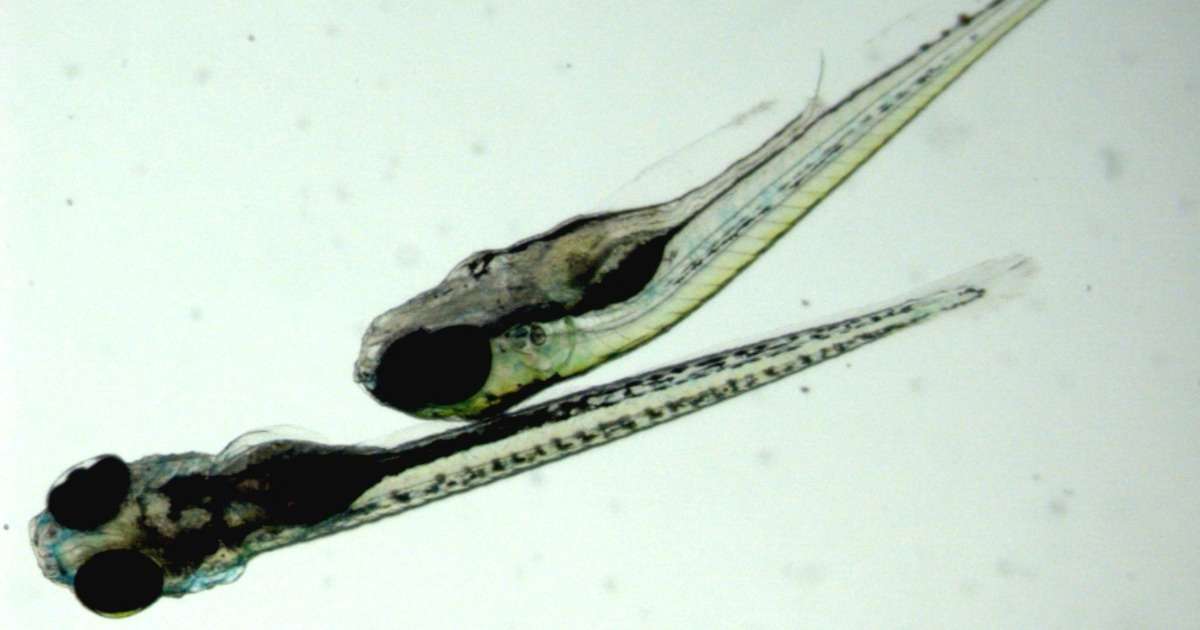
Behavioral neuroscience in the circular economy: the contribution of Zebrafish
What do Zebrafish and sewage sludge have in common? In this blog their use as a screening tool is highlighted to asses the ecotoxicity in soil.
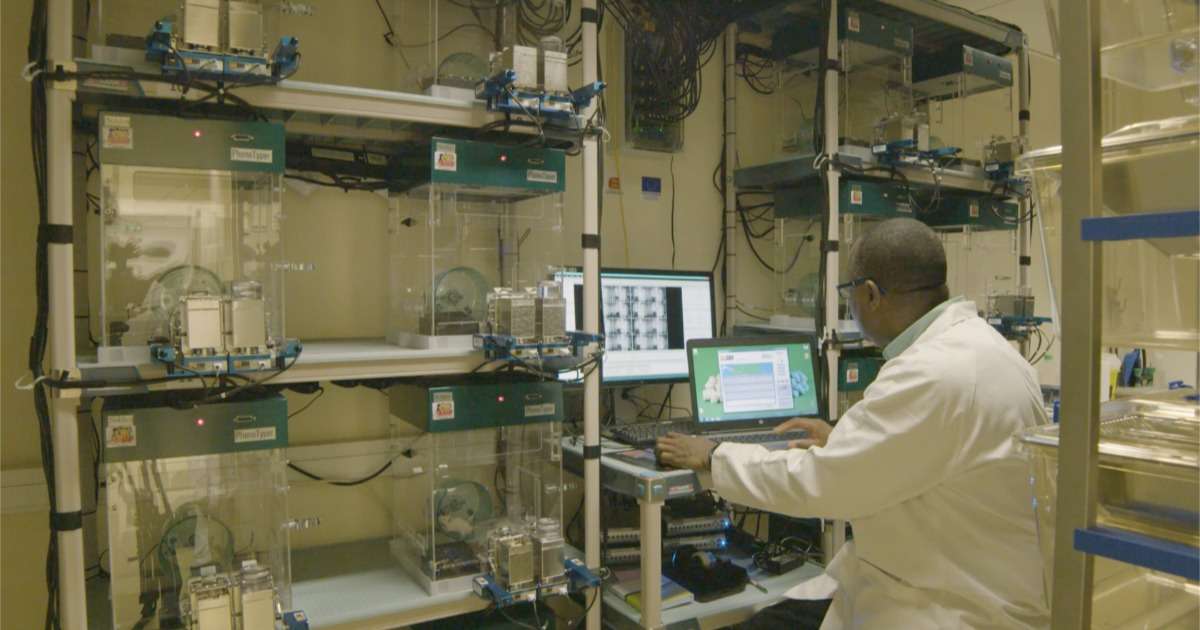
Should you buy EthoVision XT? Reviews from our customers
Are you wondering if EthoVision XT might be the right tool for your study? In this blog we sum up some of our favorite and honest customer reviews about EthoVision XT.
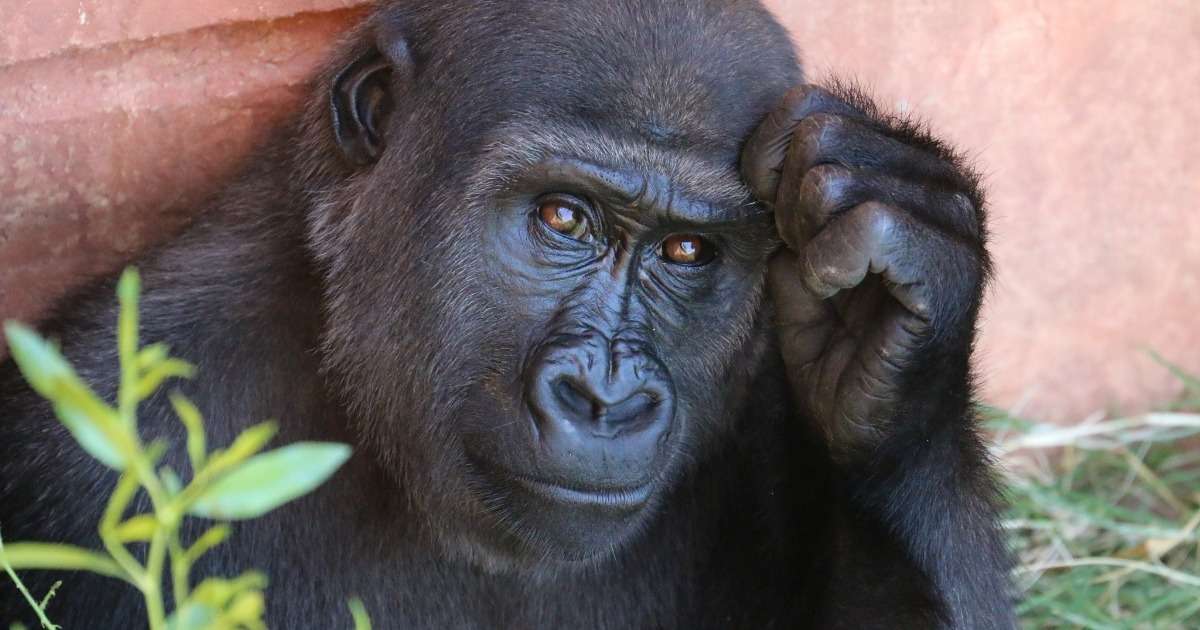
Examples of Animal Behavior Research
Researchers in ethology are interested in understanding all aspects of animal behavior. We have highlighted some great examples of Animal Behavior Research on our Behavioral Research Blog.
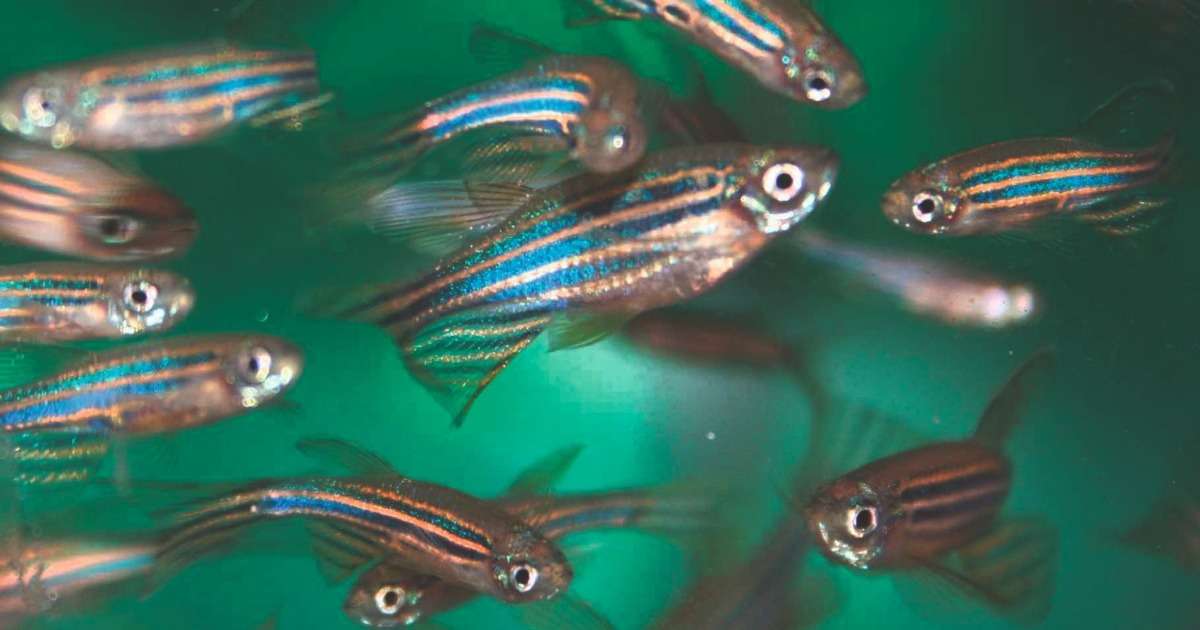
Studying zebrafish behavior using video tracking software
When it comes to studying zebrafish behavior, video tracking software is the ideal tool. Here we highlight five recent posts about studies on zebrafish behavior where researchers applied video tracking software.
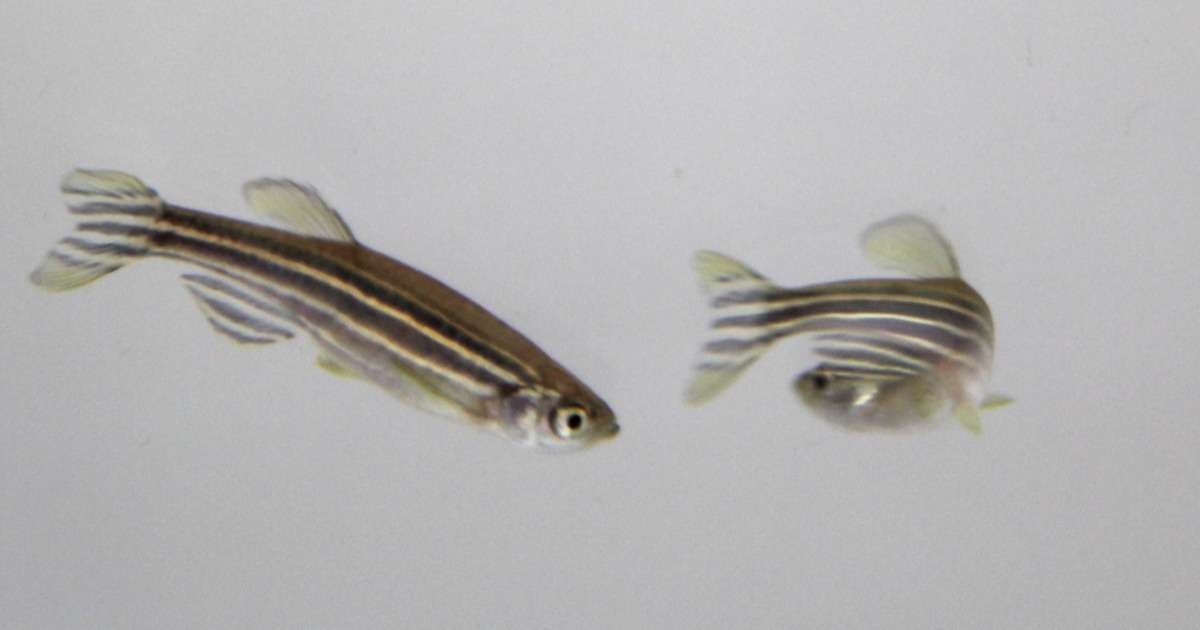
Zebrafish attracted to superfish: video tracking sex differences in shoaling
Are images enough to evoke a shoaling response in zebrafish? Do males and females respond differently to shoals or the opposite sex? A recent study finds out.
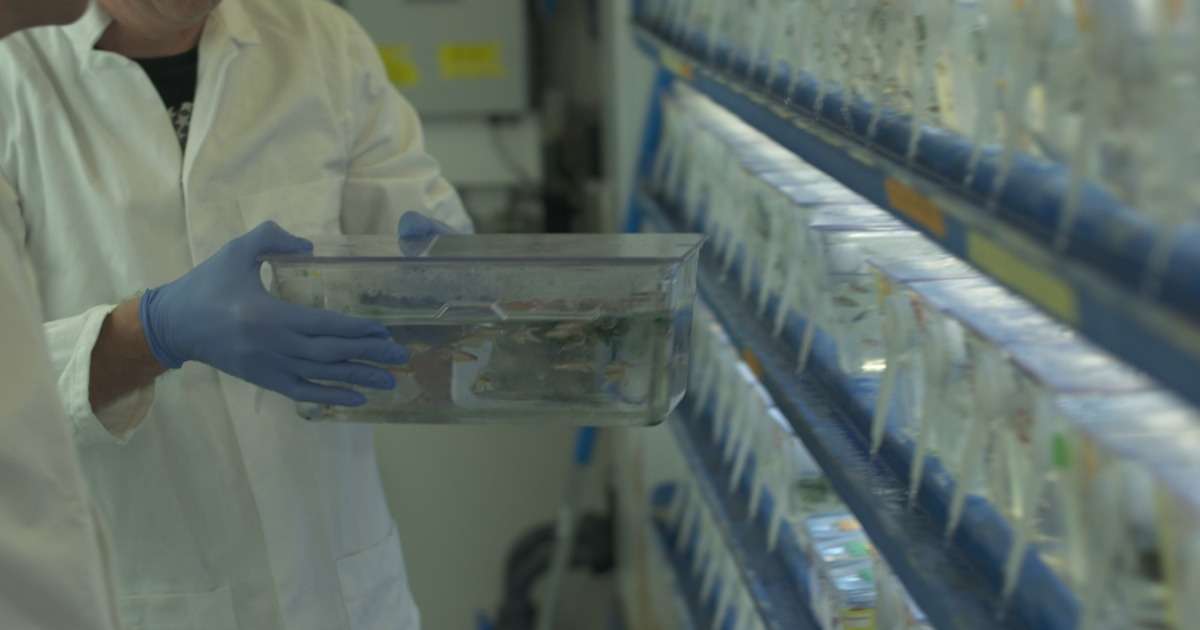
What is DanioVision? A brief insight in zebrafish tracking
In this blog we provide a quick refresh on the topic of zebrafish, and how DanioVision contributes to this field.
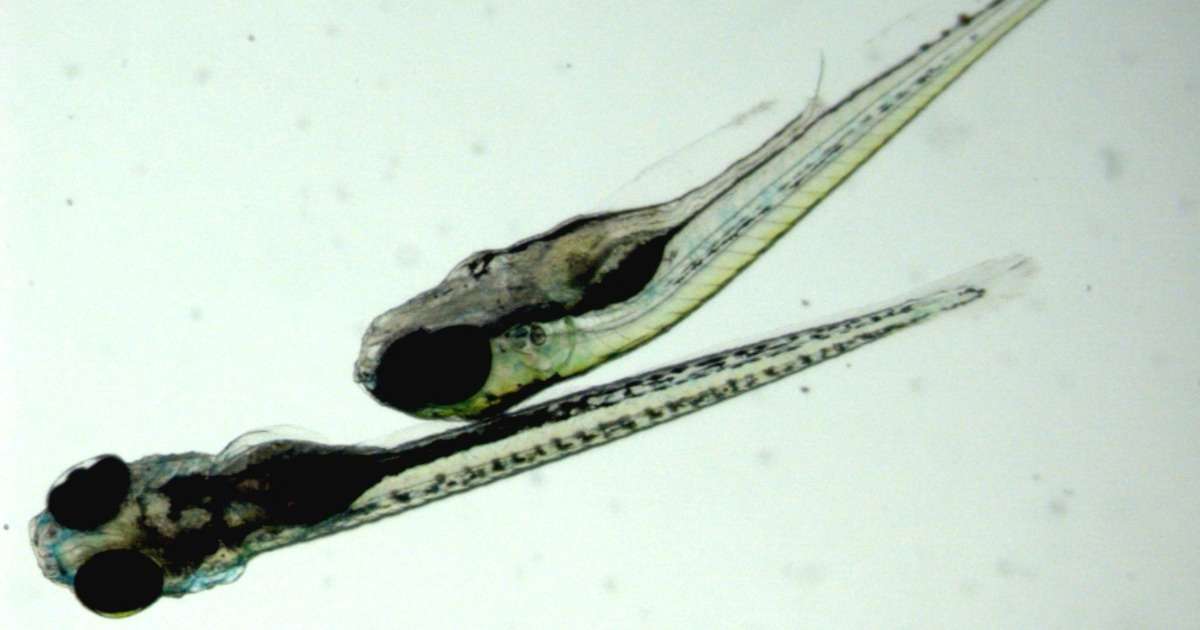
Getting robust results: one zebrafish is not like the other
Zebrafish larvae locomotor behavior often has a high variability, which can have a big impact on your results. Still, it is one of the most used parameters. So how can you make your study more robust?
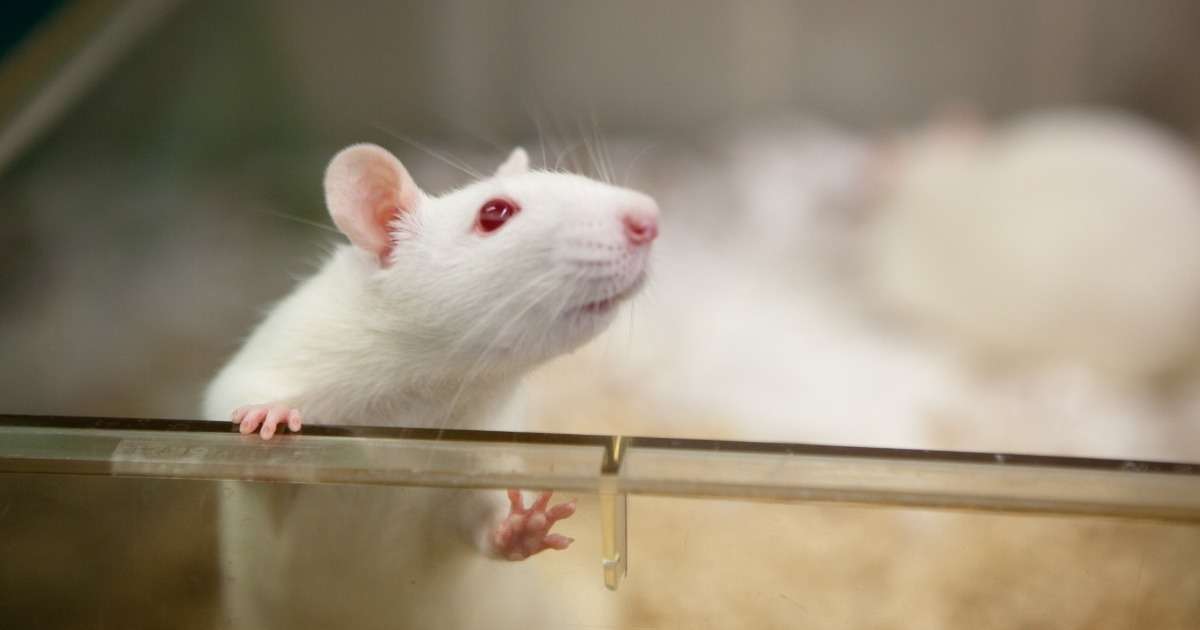
How behavioral core facilities advance research
Behavioral cores benefit universities as well as science in general. Recent cases show improved reproducibility of tests and protocols to assess a more complex phenotype of model animals.
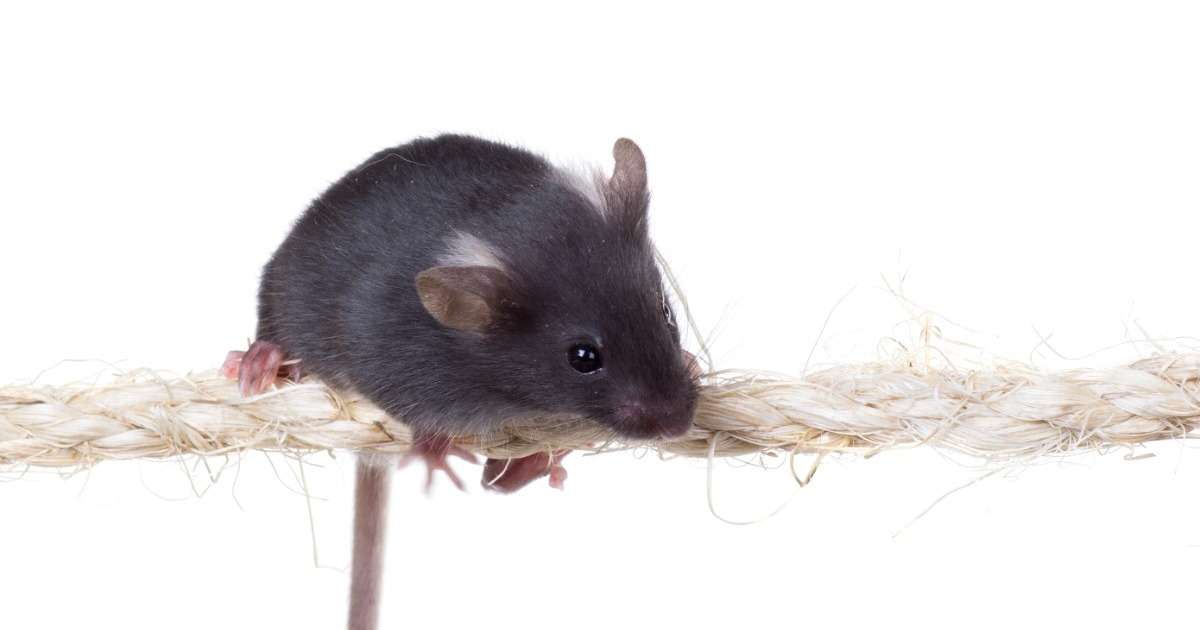
Homology and analogy in behavioral neuroscience
The point of this blog is to encourage you, as researchers, to ‘double think’, which is to say think like a scientist and think like an animal.
